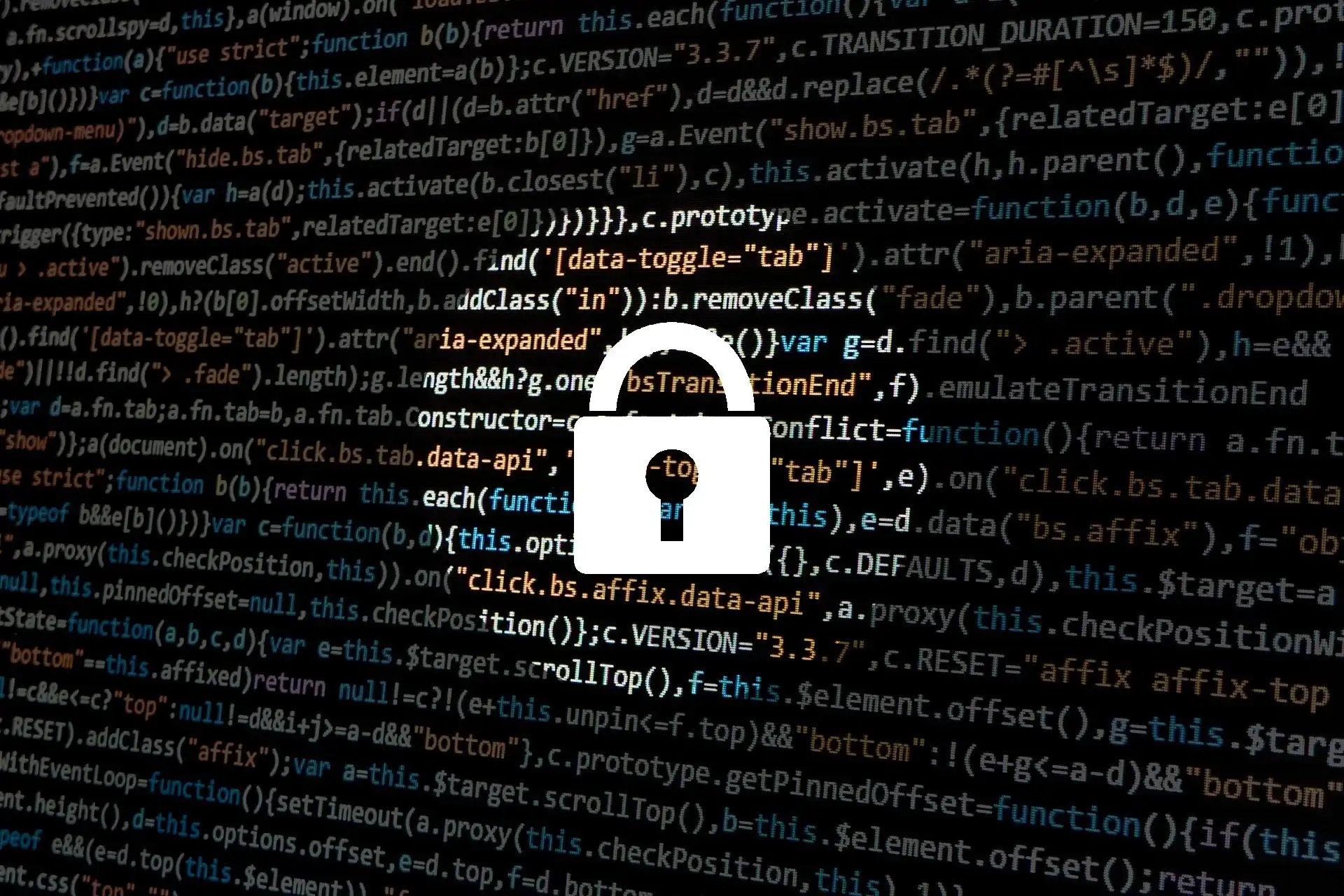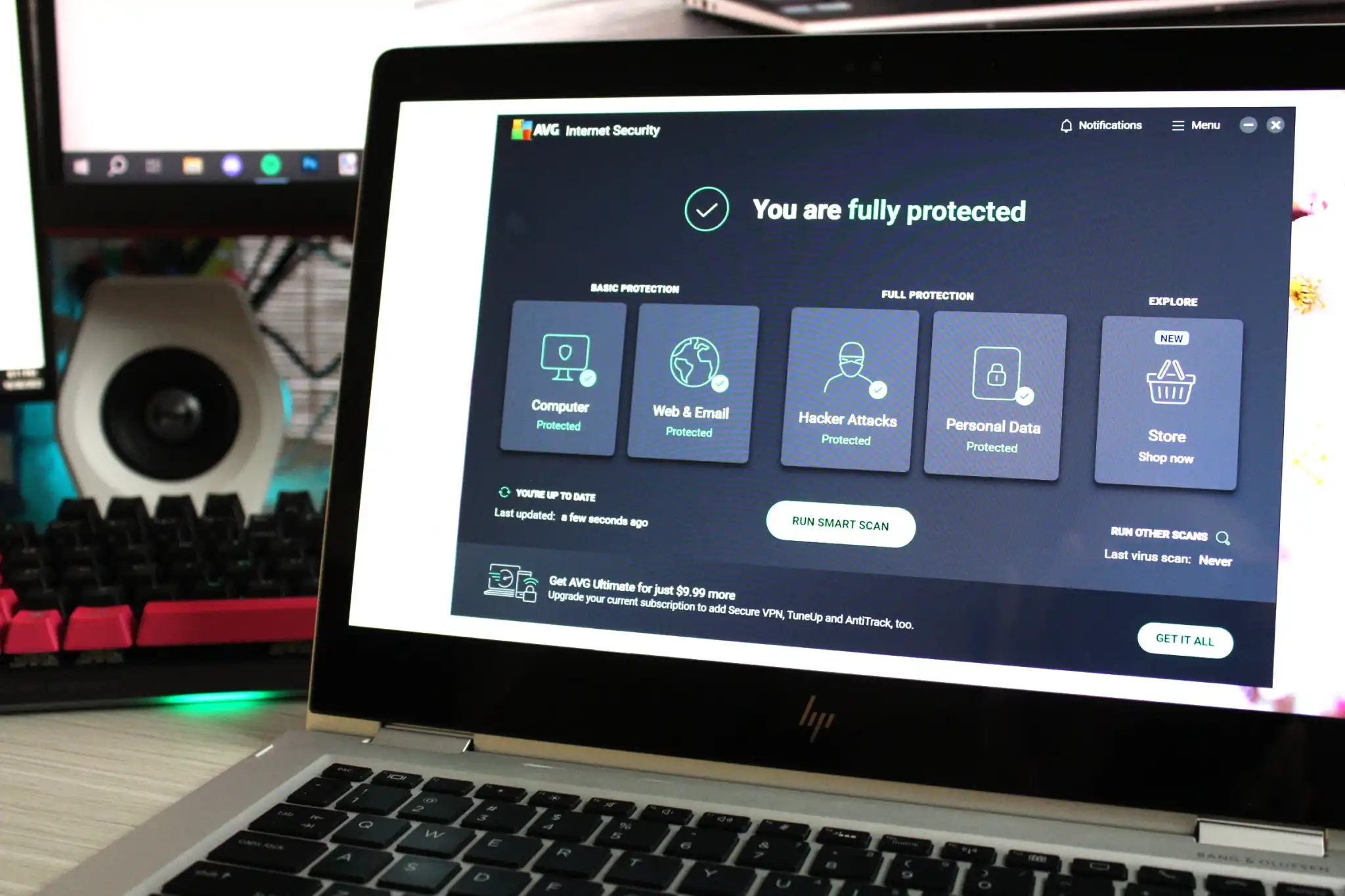LastPass. 1Password. You can hear it in their names: Password managers like to sell the idea you’ll only ever need to remember their login. All of your other credentials can live within your vault.
Given many people’s lax online security, this attitude makes sense—better to have a single strong password that unlocks access to complex and unique login info, so that more people use random passwords for every site, service, and app. Yes, password managers could fail to uphold their promises to protect your data. LastPass’s data breaches painfully proved that in 2022. (Seeing that unfold was the worst timeline.) But if you also set up two-factor authentication (2FA) on every possible account, you should still make out mostly okay.
Unfortunately, that doesn’t protect you against one problematic scenario—losing access to your password manager. Maybe you change your password and forget the new one. Maybe your database file corrupts for an app-based manager and there’s no backup. Maybe you lose your 2FA method. If the password for your email account is in there, and you don’t otherwise know what it is, you’re in trouble.
So do yourself a favor: At minimum, memorize the password for your email account, too. In the event your password manager is unavailable, you can at least get a password reset email for any account you need to regain access to. You may also want to memorize the password for your bank and any other service you can’t afford to get locked out of (even temporarily). Some people even choose to not store these vital passwords in their password manager, as a security precaution—which is fine, as long as they’re strong, random, and unforgettable.
You’re not off the hook if you store your passwords in the same account as your email address (e.g., a Google account). Yes, you have just one password to remember, but you’ll be really up the creek without a paddle if that gets compromised. Set up two-factor authentication now, and make sure you have several backup methods for getting codes.
Password managers are a fantastic tool, and the backbone of staying safe online. (Or at least, safer.) If you haven’t already set one up, have a look at our recommendations for the best password manager, as well as how to mitigate common concerns about using one. But this is your reminder that data backups are a vital part of living peacefully with PCs and phones—and in this instance, your brain is where you need to store that info.




